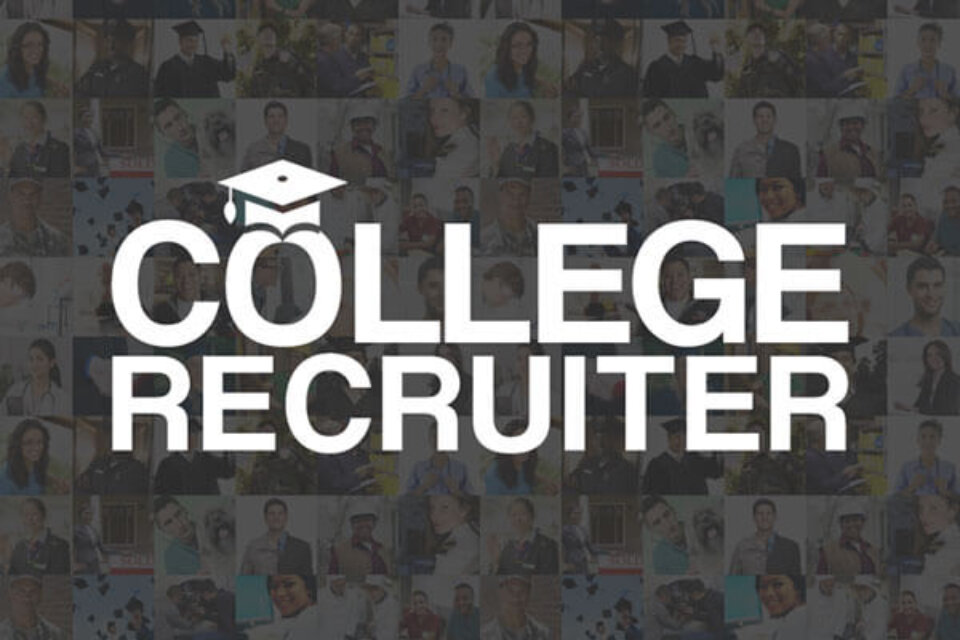
Dream Job: Political Consultant was originally published on College Recruiter.
Spin Doctor
The flight leaves in an hour. One journalist is on the line while another is on hold. Red-eyed from lack of sleep, you put your reading glasses back on as an aide hands you the results of the latest poll. It’s the life of communications consultant Michael Goldman, who has advised many of the Democratic presidential candidates of the last few decades.
After years of serving politicians including Pres. Clinton, Sen. Bill Bradley, and Sen. Ted Kennedy, Goldman is rarely starstruck. Ironically, it’s heroes from earlier in life who have provided Goldman the rare thrill on meeting for the first time: an old baseball hero; or the local weatherman from his childhood home, who was “the person who decided whether I went to school.”
Goldman is president of the communications consulting firm Goldman Associates, which provides public relations and consulting services to political campaigns, nonprofit groups, and private-sector companies. In addition to Clinton, Bradley, and Kennedy, his list of clients past or present includes Paul Tsongas, Michael Dukakis, and numerous members of Congress.
“We help people articulate messages and help people make the pitch,” he said. He is known primarily as a political consultant although political candidates compose only part of his clientele.
“About 95 percent of the public persona of the company is related to campaigns, but only about 20 percent of the time is dedicated to them,” he said.
Goldman describes his job as an “eclectic mixture of communication, public policy, politics, and education.” In addition to consulting candidates, he implements education and public information campaigns for nonprofit groups and assists in crisis communication for private companies, “but only related to broad public questions.”
“We put our credibility on the line. I deal with reporters the day before, the day of, and the day after. Clients depend on us never to lead them astray,” he said. “People don’t know what to say. We help them clarify their message.”
Goldman became interested in political consulting by accident. He never expected to attend college, but enrolled as an alternative to the draft during the Vietnam War. Coming from a blue-collar neighborhood where politics was important, he expressed in an interest in political science and, while a student, campaigned for Robert Kennedy’s bid for president in 1968.
“I found I had a knack for it. I didn’t mind sleeping on a hardwood floor, working long hours for little pay, and traveling. I didn’t need the structure most people need,” he said.
After college, Goldman worked for state and local governments in administrative capacities and created his consulting firm in 1979. He attributes his success to a mixture of personality, luck, patience, and the willingness to work 16-hour days.
Goldman, who is also an adjunct professor of communication at Emerson College, teaches political science classes at Tufts University and hosts a Saturday morning talkshow on WRKO radio in Boston.
Despite the taxing schedule, he does not even consider his career to be work. “I only take the things that I am passionate about,” he said. “Because my avocation and vocation are the same, it’s like I’m not working.”
Goldman warned that political consulting may not be the field for everyone, noting that there are fewer political consultants than Major League Baseball players.
“It’s like Broadway. You do many years in anonymity and make your mistakes off Broadway,” he said. “You have to grunt out a long time in the trenches. There are few overnight successes. It’s a very, very tough life, especially at the beginning.”
Goldman developed a respectable client list in part by taking his chances. “I was willing to take risks with underdogs. That’s where I have the most fun,” he said.
There is no particular path for someone is interested in becoming a political consultant, Goldman said. Some have backgrounds in communication, writing, or government. “It’s a confluence of interests and an ability to work without a net and in a dysfunctional workplace,” he said.
In his experience, Goldman said, education or even the right name are unimportant in a political career. “Politics is the great equalizer. Talent drives you forward. You can have the best name in the world and fail. Talent really does matter.”
There are other fields suitable for those interested in politics, including fundraising, polling, and policy advocating. And of course, there is running for office – something Goldman will not do.
“Who would vote for me? I wouldn’t vote for me,” he said, citing differences in skills between being a politician and being a political consultant.
For over 30 years, Goldman has been passionate about politics and focused enough to make it a career. “Politics is like drugs, alcohol, and gambling: just another addiction,” he said.
He considers himself lucky to have found a career that he loves. “I reject much more business than I take. I could have made a lot more money over the years.” He added, “Everything I do is what I want to do.”
So if you are are passionate about politics and do not mind working long hours, work on your spin doctoring skills, find an underdog candidate … and dream on!
Article by Zachary Bromer and courtesy of Salary.com®


